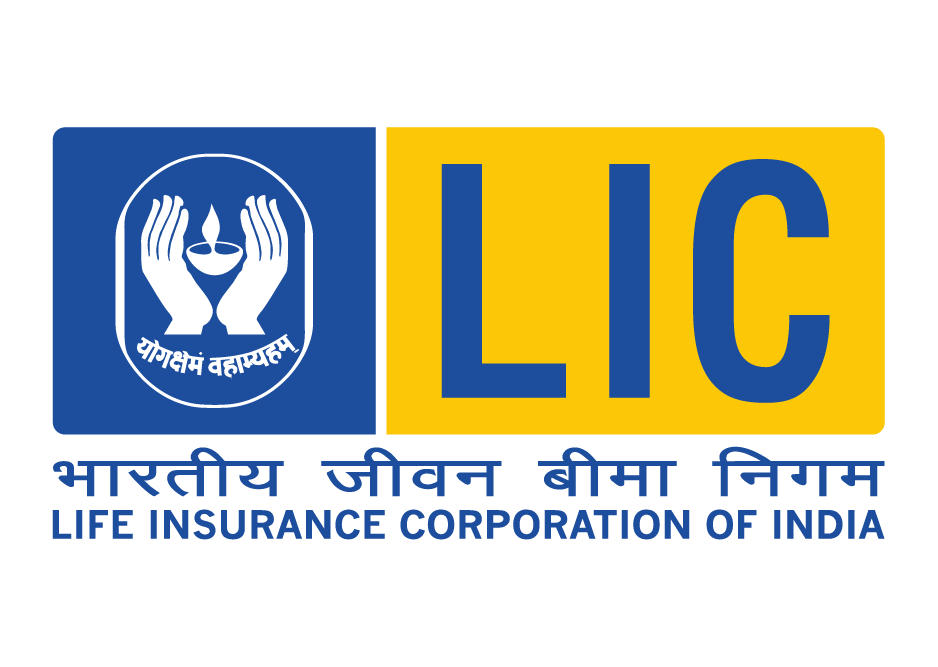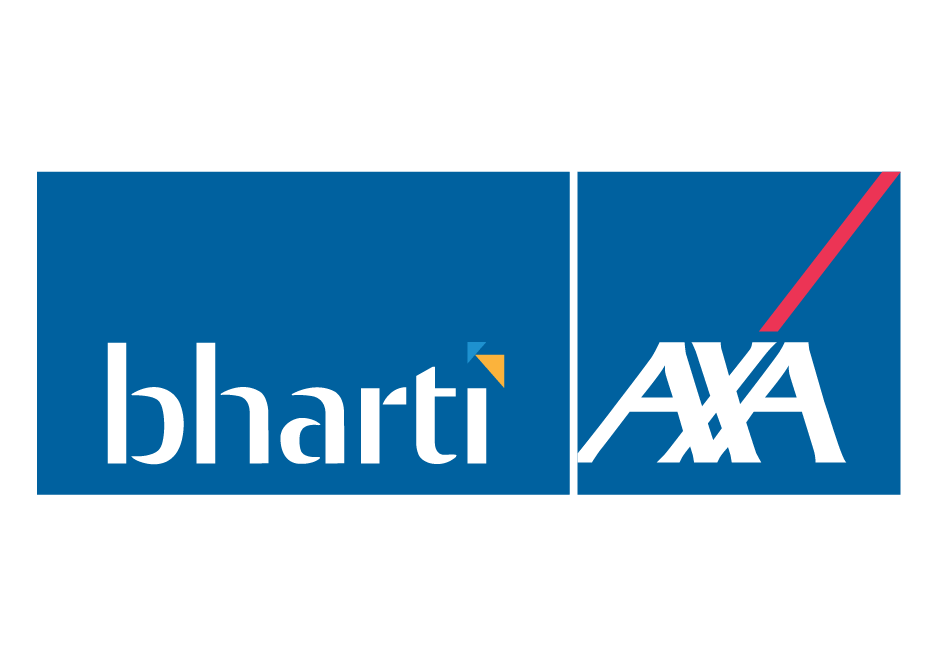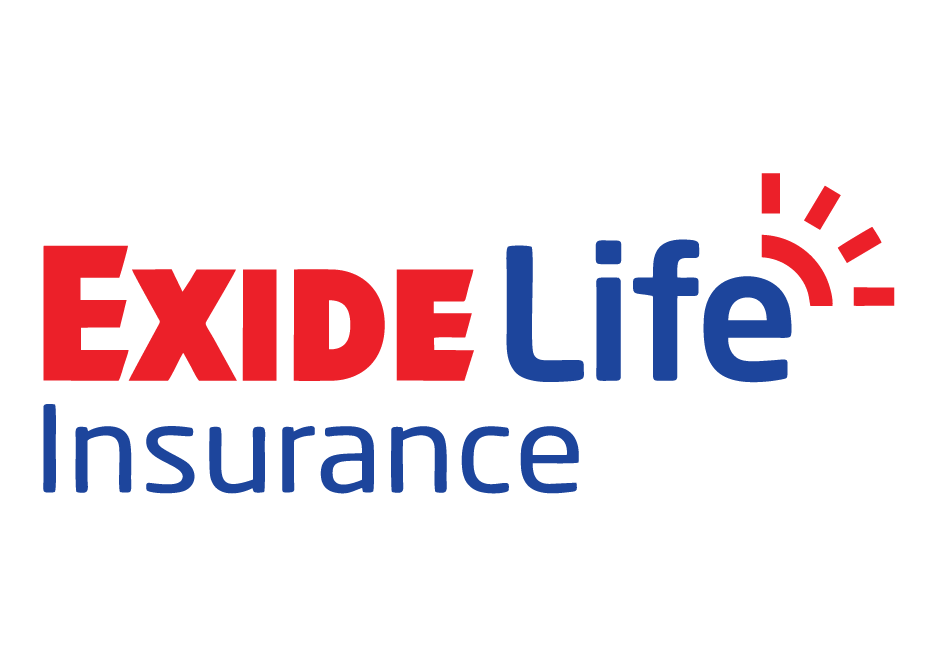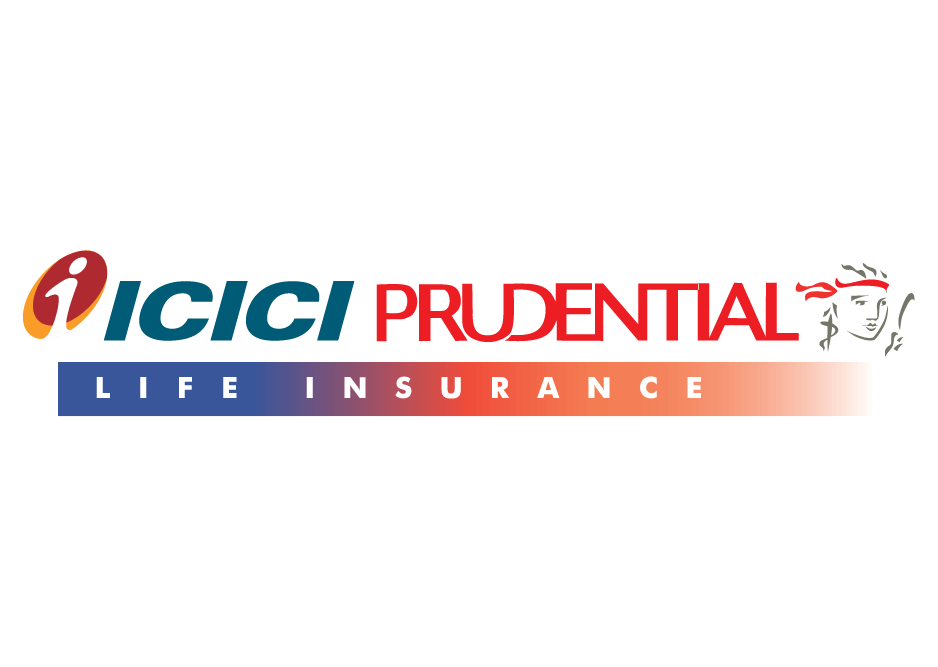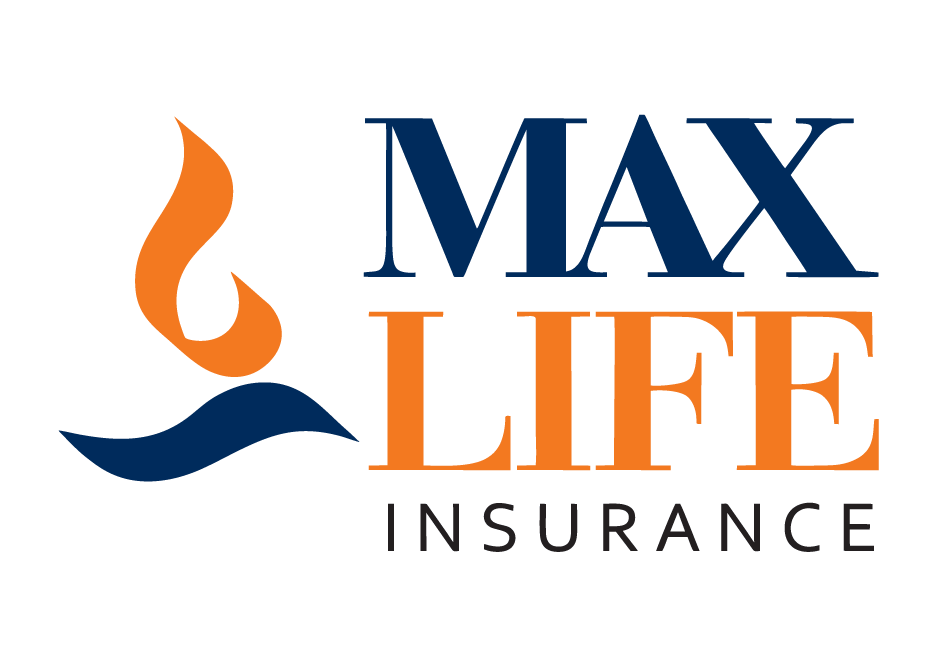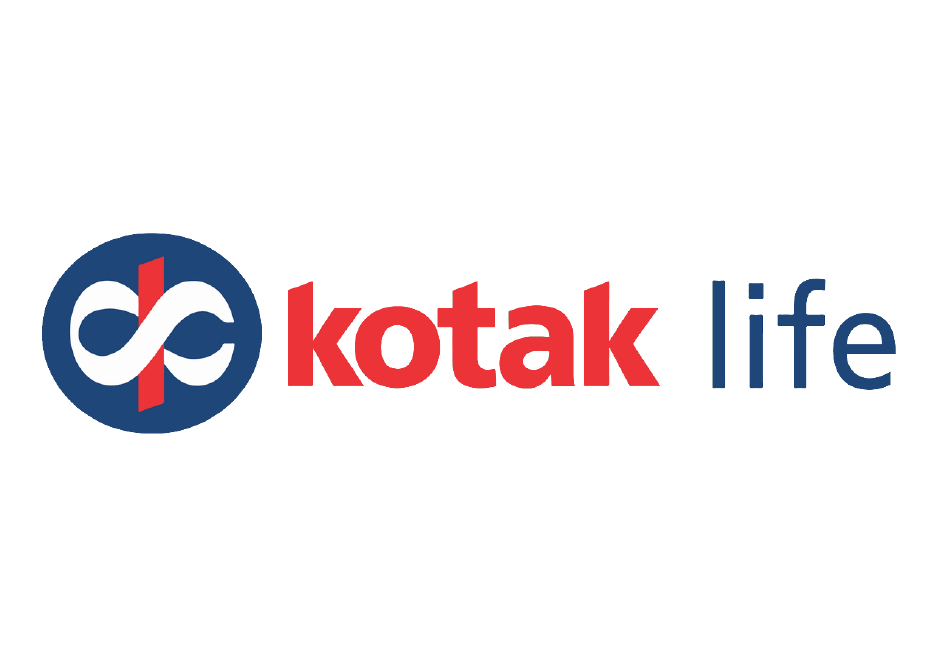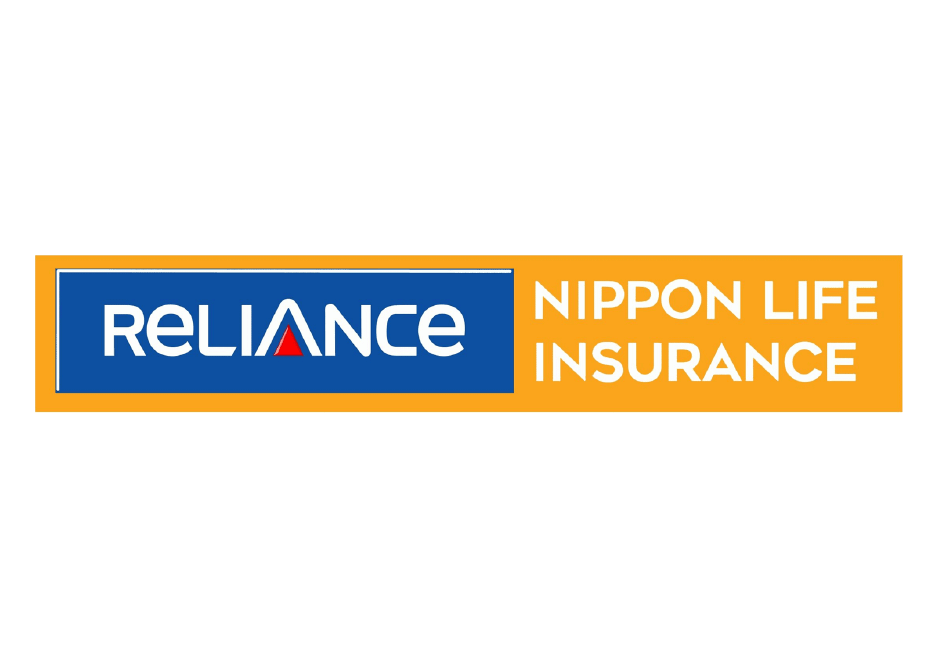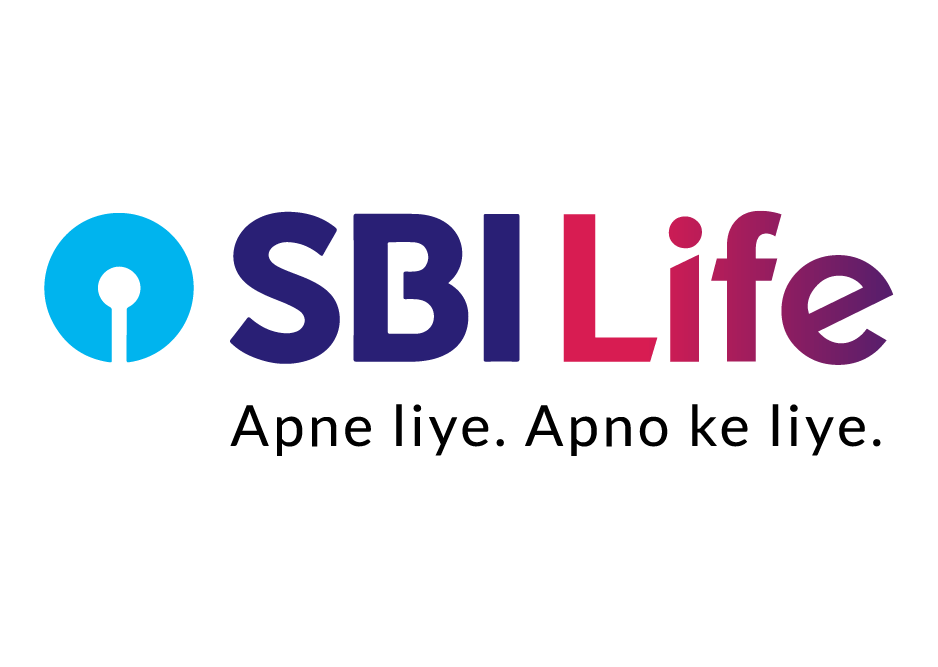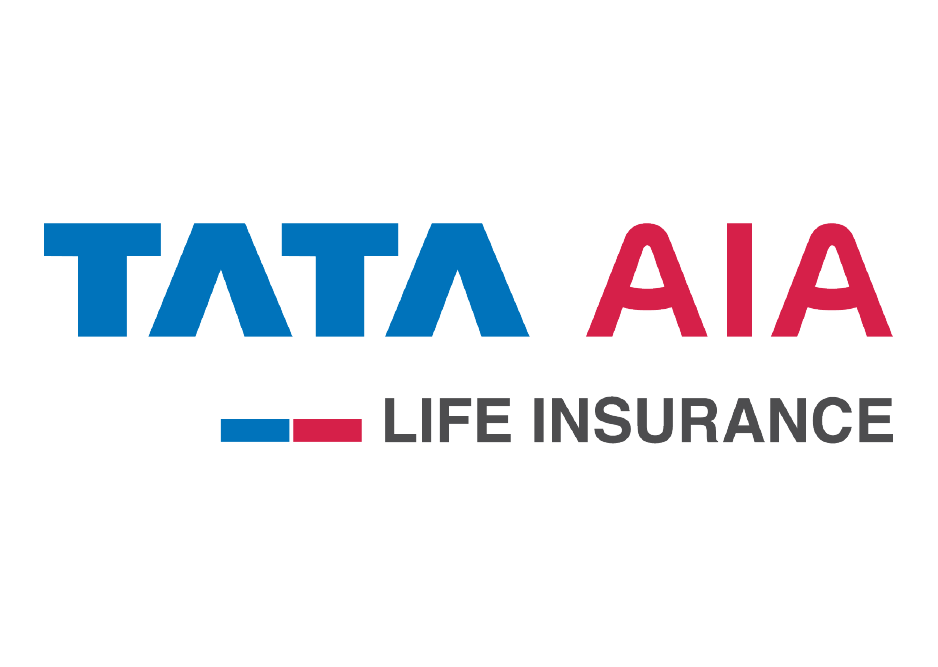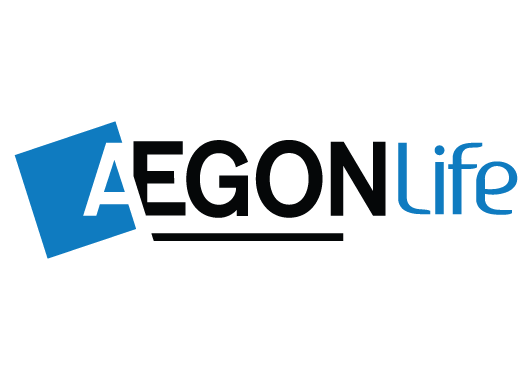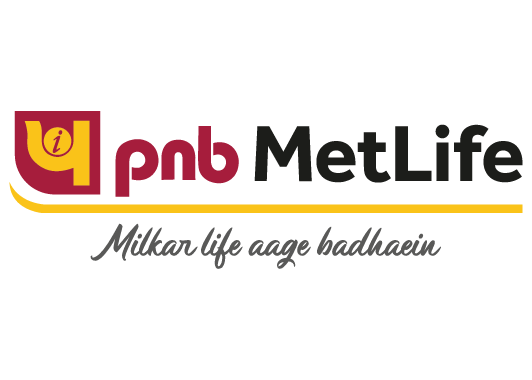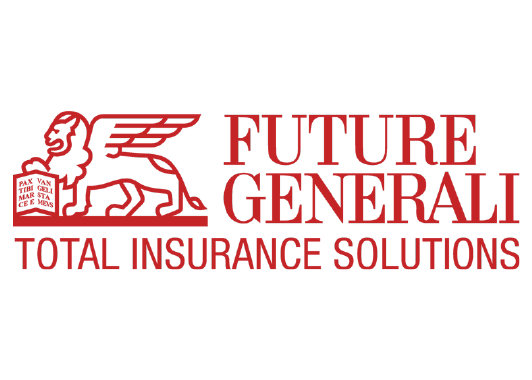Term Insurance Claim Settlement
Term insurance claim settlement is a process in which the nominee files a claim with the insurance company to receive the death benefit in case of the untimely death of the life assured or the maturity benefit in case of the survival of the life assured till the end of the policy term. Almost every term insurance company offers a simple and hassle-free claim settlement process. Generally, the entire process of term insurance claim settlement will be completed within 30 days of filing the claim.
What is Term Insurance Claim Settlement Process?
There are various steps involved in the term insurance claim settlement process. If the life insured dies unexpectedly, the beneficiary or nominee must inform the term insurance company. Also, it is important to keep all the important documents handy while filing the claim. Apart from this, there are a few things that the beneficiary or nominee should keep in mind before informing the insurance company.
- The term insurance policy should be active
- All the premiums should be paid
- Nominee should know about the inclusion and exclusion of the term policy
What is the Term Insurance Claim Settlement Ratio?
Term insurance claim settlement Ratio or CSR is the percentage of claims settled by an insurance company against the total number of claims filed in a year. This means the ratio of claims paid to claims filed in a financial year. For example, a 98% CSR indicates that the term insurance company has settled 98 claims out of 100.
Term Insurance Claim Settlement Ratio or CSR is one of the most important factors that one should consider while buying a term insurance plan. The claim settlement ratio can play an important role in the selection of a term insurance company as the concept is very simple. Higher the CSR percentage, the term insurance company will approve and settle your claim without any hassle.
Term Insurance Companies Claim Settlement ratio
The claim settlement ratio changes every financial year. It helps policyholders to check the claim trustworthiness of the insurance company. Below mentioned are the claim settlement ratio of insurance companies for the FY 2020-21:
 |
Max Term Insurance |
Claimed settlement ratio 99.35% |
 |
Aegon Term Insurance |
Claimed settlement ratio 99.25% |
 |
Ageas Federal Term Insurance |
Claimed settlement ratio 95.07% |
 |
Bharti Axa Term Insurance |
Claimed settlement ratio 99.05% |
 |
Life Insurance Corporation of India (LIC) |
Claimed settlement ratio 98.62% |
 |
Dhfl Pramerica Term Insurance |
Claimed settlement ratio 98.61% |
 |
Exide Term Insurance |
Claimed settlement ratio 98.54% |
 |
Kotak Term Insurance |
Claimed settlement ratio 98.50% |
 |
Reliance Term Insurance |
Claimed settlement ratio 98.49% |
 |
Bajaj Allianz Term Insurance |
Claimed settlement ratio 98.48% |
 |
PNB MetLife Insurance |
Claimed settlement ratio 98.17% |
 |
Tata AIA Term Insurance |
Claimed settlement ratio 98.02% |
 |
HDFC Life Term Insurance |
Claimed settlement ratio 98.01% |
 |
Aviva India Term Insurance |
Claimed settlement ratio 98.01% |
 |
ICICI Prudential Term Insurance |
Claimed settlement ratio 97.90% |
 |
Aditya Birla Sun Term Insurance |
Claimed settlement ratio 98.04% |
 |
Sahara India Term Insurance |
Claimed settlement ratio 97.18% |
 |
Canara HSBC Term Insurance |
Claimed settlement ratio 97.10% |
 |
Edelweiss Tokio Term Insurance |
Claimed settlement ratio 97.01% |
 |
IndiaFirst Term Insurance |
Claimed settlement ratio 96.81% |
 |
Daiichi Term Insurance |
Claimed settlement ratio 95.96% |
 |
Shriram Term Insurance |
Claimed settlement ratio 95.12% |
 |
Ageas Federal Term Insurance |
Claimed settlement ratio 95.07% |
 |
Future Generali Term Insurance |
Claimed settlement ratio 94.86% |
 |
SBI Term Insurance |
Claimed settlement ratio 93.09% |
*Data Sourced from IRDAI Annual Report 2020-21
As per the IRDAI annual report of 2020-21, the claim settlement ratio of the entire insurance industry averaged at 97.46%
Importance of Claim Settlement Process in Term Insurance
Term insurance claim process is one of the most important aspects of a term insurance policy. It helps the policyholders in many ways. If the claim settlement process is quick, smooth, and hassle-free, it will be of great help to the policyholder. If a customer chooses a term insurance company that offers a quick and hassle-free claim process, you can expect the insurance company to provide timely claim benefits without any difficulty. While buying a term insurance plan, a customer should always check the claim settlement process and term plan claim ratio of the term insurance company.
Types of Term Insurance Claims
Term insurance offers several benefits and each benefit has a different claim process. Generally, term insurance offers 3 types of claim benefits such as:
- Death Benefit Claim
- Maturity Benefit Claim (TROP)
- Rider Benefit Claim
It is important to know that every term insurance policy does not provide all of the above mention benefits. It is dependent on the type of term insurance you choose. Some term insurance policies offer only death benefits, while some offer both death and maturity benefits.
Rider benefit depends on the policyholder whether they had selected any rider at the time of buying the term insurance policy.
Death Benefit Claim
In the death claim, the nominee of the term policy makes a request to the insurance company to get the benefit of the policy in case of the unfortunate death of the policyholder. On the death of the policyholder, the sum assured is paid to the nominee/beneficiary of the policy. In order to avail of the benefits without any hassle, the insurer must be informed about the death of the policyholder and other information such as policy number, date of death, policy term, etc. Death benefits are tax-free under Section 10(10D) of Income Tax. Act, 1961.
Maturity Benefit Claim (TROP)
In a maturity benefit claim, the term insurance company pays a certain amount to the policyholder if he or she survives till the completion of the policy. You can avail of the maturity benefit only if you pay all your premiums on time. In simple words, if the policyholder has opted for Term Insurance (TROP), he will get the premium paid as a maturity benefit.
Rider Benefit Claim
Term insurance riders are additional benefits that the policyholder buys while purchasing a term insurance policy to enhance the coverage benefits. Common term insurance riders include waiver of premium rider, critical illness rider, etc. In case of emergency, the policyholder can claim for any of the riders, and the term insurance company will provide the benefits as stated under the rider.
Term Insurance Claim Process
Below mentioned are the steps involved in the term insurance claim process:
Intimate the term insurance company
To initiate the claim settlement process, the nominee has to inform the term insurance company about the death of the policyholder within 90 days. The beneficiary must submit the required documents such as claim settlement form, policyholder name, policy number, place of death, cause of death, nominee details, etc. to the term insurance company. The beneficiary can obtain the claim settlement form from the nearest branch of the insurance company or can download it from the official website. They can also fill the online form and start the claim settlement process.
Document Submission
You must submit the required documents to file the claim. The nominee will be required to submit the following documentation to the insurer:
- Birth Certificate
- Death Certificate
- Policy Document (Original)
- Other documents (asked by the insurer)
Claim Settlement
As per IRDAI, it is mandatory for every term insurance company to settle the claim within 30 days. However, in some cases, the insurer needs to do some further investigation. In this scenario, the insurer has to complete the claim settlement process within 6 months of receipt of the claim.
Documents required to file a claim under term insurance
Below mentioned are the documents that are required to file a claim under term insurance:
- Duly signed & filled claim form
- Policy documents (original)
- First investigation report (FIR), if required
- Death certificate
- Post-mortem reports, if required
- KYC documents (like a copy of photo ID and address proof) of the nominee)
- Original hospital discharge summary
- Cancelled cheque and bank statement
Common Term Insurance Claim Rejection Reasons
Term insurance claim process is not very complicated and difficult, but you have to understand some common reasons of term insurance claim rejection:
- If the policyholder has provided incorrect/false information on the application form.
- If the policyholder has not paid the premiums on time.
- If the nominee of the policy makes a fraudulent claim to get the amount of the claim.
- If the reason for the death of the policyholder is excluded from the term insurance policy like suicide or death due to drugs, alcohol, or substance abuse.
How to Avoid Term Insurance Claim Rejection?
Below-mentioned are some tips to avoid term insurance claim rejection. These include:
False Information:
Do not give false information like age, lifestyle habits, qualification, earnings, previous policies, and claims when filing the form. Provide correct information so that you can get your claims settled.
Payment of Premiums:
You must pay your premiums on time. And if you fail to pay the premium, you can use the grace period to pay the premium. It is important that you set a reminder to pay the premiums on time.
Medical History:
It is important to disclose your correct medical history. You must tell the insurer about your previous or existing medical conditions, surgeries, etc.
Information of Nominee:
The nominee is the one who receives the death benefits, so it is important to update the information of the nominee and ensure the insurer has all the required information.
Existing Policies:
While you purchase a new plan, it is important to disclose information about the existing policies. If you hide this information, your claim can get rejected. So, you must disclose this information to the insurance company.
Disclaimer: The information published in this article is for the reader′s reference only. The content of this information is to provide an overview of your life insurance needs and should not be relied upon for personal, medical, legal, or financial decisions; you should consult an appropriate professional for specific advice. The Company makes no representations about the suitability, reliability, timeliness, and accuracy of the information, services, or any other items mentioned on this subject for any purpose whatsoever.



